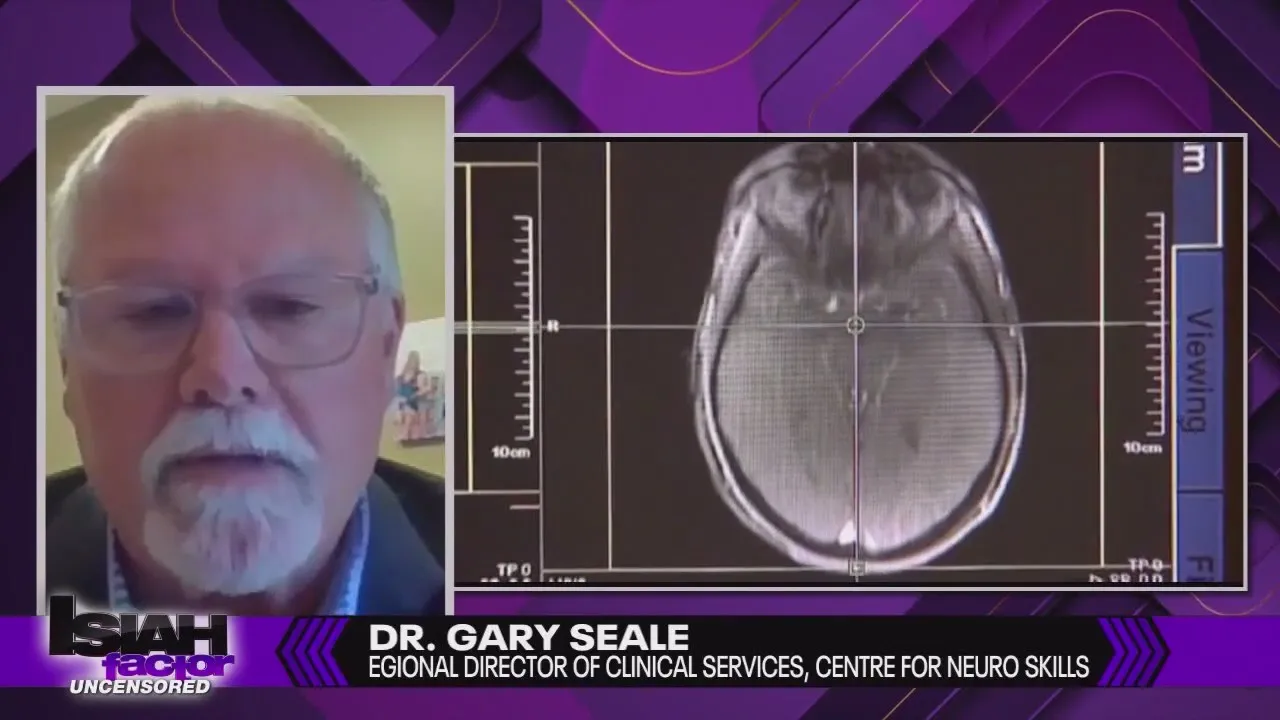Exploring the Impact of Brain Injuries on Mental Health and Suicide Prevention

Understanding Brain Injuries and Their Mental Health Implications
Brain injuries are not just a physical concern; they profoundly affect mental health and can heighten the risk of suicidal thoughts and behaviors. Recent studies reveal the intricate links between traumatic brain injuries (TBIs) and psychological issues, ranging from depression to anxiety.
Key Statistics on Brain Injuries and Mental Health
- Nearly 20% of individuals with brain injuries face mental health challenges.
- Patients often experience changes in mood and cognition, which may contribute to suicidal ideation.
- Early diagnosis and intervention are crucial for improving outcomes.
Strategies for Suicide Prevention
- Education: Awareness campaigns must highlight the signs of brain injuries and their effects on mental health.
- Support: Establishing strong support networks can help individuals cope with the aftermath of brain injuries.
- Intervention: Timely therapeutic approaches can significantly reduce the risks associated with mental health deterioration.
Engaging in proactive measures for suicide prevention will aid in addressing the long-term impact of brain injuries on mental health, ensuring individuals receive the necessary care.
This article was prepared using information from open sources in accordance with the principles of Ethical Policy. The editorial team is not responsible for absolute accuracy, as it relies on data from the sources referenced.